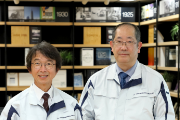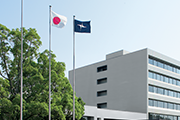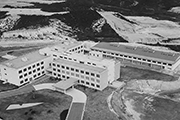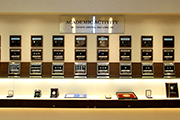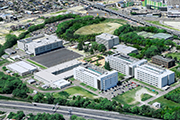- HOME
- COMPANY INFORMATION
- RESEARCH HUB FUNCTION
-
RESEARCH & DEVELOPMENT
PROJECT
-

Undertaking the Challenge of Transforming Energy Systems to Achieve a Carbon-neutral Society
-

Realizing a Sustainable, Circular Mobility Society
-

Creating Forms of Manufacturing for the Next Generation
-

Human Centered Space Design for Well-being
-

Creating the Future of Mobility Leading to Next Generations
-

Conceiving Breakthroughs Ahead of Their Time
CORE TECHNOLOGY AREA
-
- List of Selected Papers
-
Company Information
- Recruitment
Research Hub Function
In addition to research on future automobiles, we are expanding the scope of our research to include solutions to social issues by using mobility.
Accordingly, we are integrating our research with various research fields and adopting new research topics.
As a research institution that advances science and engineering in an integrated manner, we develop research scenarios based on issues required by society and industry and that adhere to cutting-edge academic trends and establish research themes to be addressed. Based on this approach, we develop research competencies and the knowledge required for the coming era by collaborating with various universities and research organizations. The technologies developed through these collaborative efforts will be steadily linked to social implementation with Toyota Group companies.
To expand our research network further and achieve this purpose, we are working on an industry, academia, and government collaboration for social implementation. We are sending researchers to overseas universities and research institutions, engaging in academic–interdisciplinary collaborations to open up new technological fields, and cooperating with external institutions with world-class technology and facilities.
By cooperating with external research institutions, we will continue contributing to society by creating technologies required for the future.
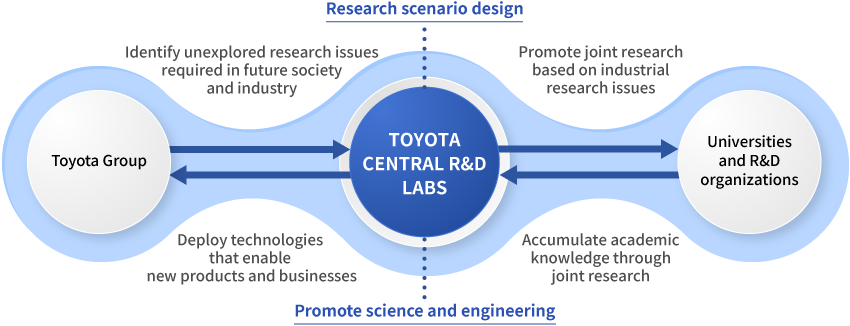
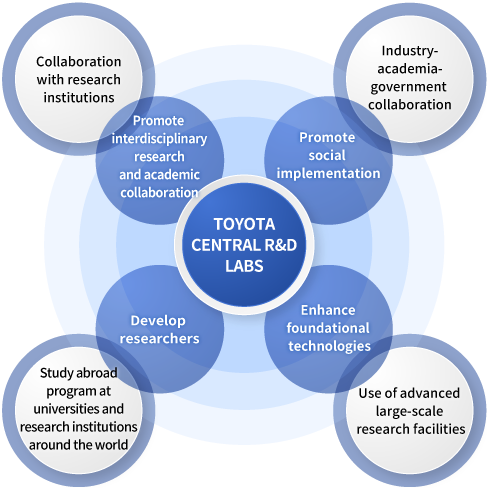
Related content

Topic
2025.09.04
Mechanism of special friction characteristics revealed by synchrotron radiation
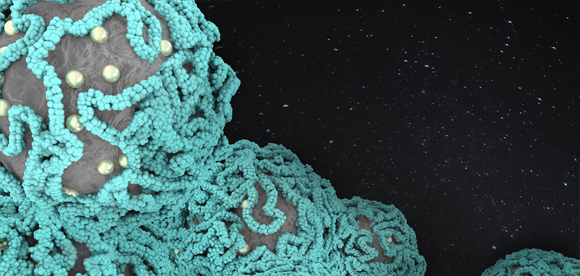
Topic
2023.11.08
Novel guideline for performance-optimized design of fuel cell catalyst layers derived from small-angle neutron scattering
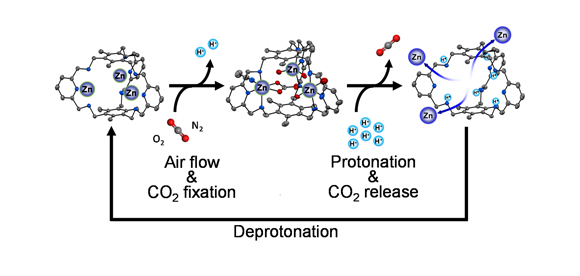
Topic
2023.10.18
A new metal complex responsible for the capture of dilute CO2 in the atmosphere

Topic
2023.09.20
A solution for collective object transport using air-ground multirobot teams
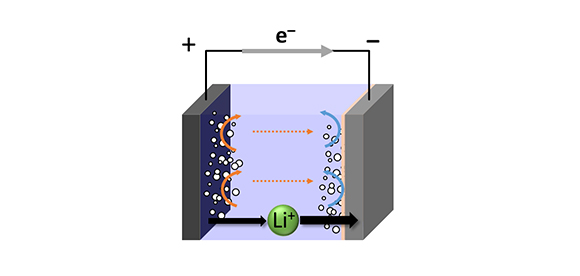
Topic
2023.09.13
Quantification of side reactions in lithium-ion batteries by synchrotron operando measurements
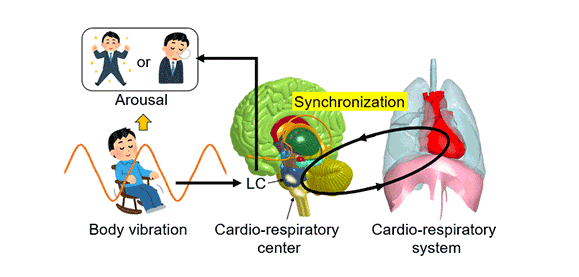
Topic
2023.08.10
Visualization of the effects of body vibrations on human brain and cardio-respiratory system
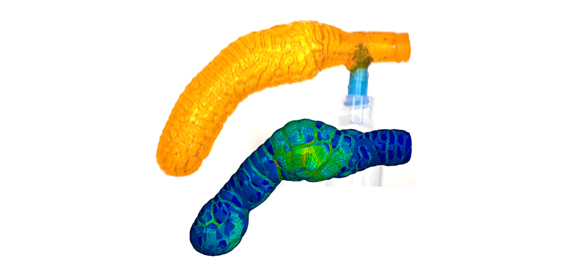
Topic
2023.07.28
Prototyping soft robots using a design method based on Turing patterns

Topic
2023.07.21
Architectural design of a 3D battery using machine learning
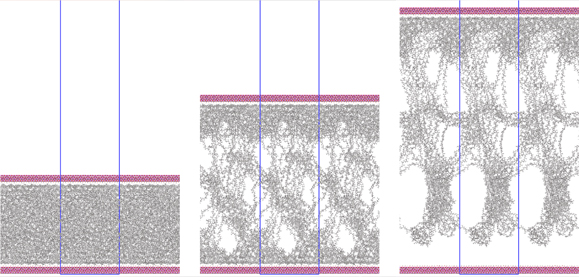
Topic
2023.07.07
Elucidation of the effects of Young’s modulus and functional groups of polymer on the adhesive strength of polymer–metal joints
Promoting Social Implementation
By forming alliances with diverse stakeholders in industry, academia, and government, we promote research and create systems to accelerate the social implementation of advanced technologies.
Carbon neutrality
National Institute of Advanced Industrial Science and Technology
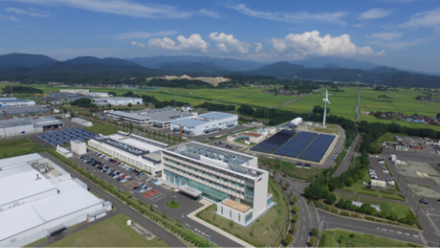
In collaboration with the National Institute of Advanced Industrial Science and Technology (AIST), one of the largest national research institutes in Japan, Toyota Motor Corporation and we are promoting joint research to accelerate the development and practical application of advanced technologies in the energy and environmental research fields. To achieve carbon neutrality, we are working on the “construction of energy scenarios,” “construction of city energy networks that are both carbon neutral and economically rational,” and “development of elemental technologies for making, transporting, and using hydrogen.”
Fuel cells
FC-Cubic
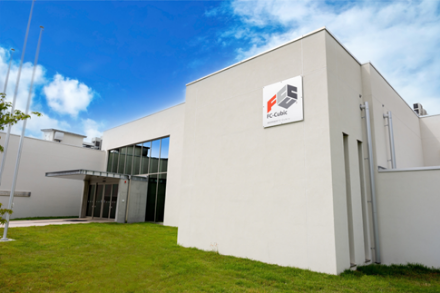
FC-Cubic is a technical research association, in which multiple companies, universities, and other organizations participate. To promote shared fundamental research supporting fuel cell systems development, FC-Cubic involves bridging the gap between academia and industry, developing evaluation and analysis technologies, and providing evaluation support. Together with FC-Cubic, we aim to contribute to the emergence of fuel cell technology in Japan, particularly by creating a roadmap for developing Japanese fuel cell technology.
Promoting Interdisciplinary Research and Academic Collaboration
We aim to undertake challenging research topics through synergy among research institutions, and to create new technologies through interdisciplinary research.
Quantum devices
QUP (International Center for Quantum-field Measurement Systems for Studies of the Universe and Particles)
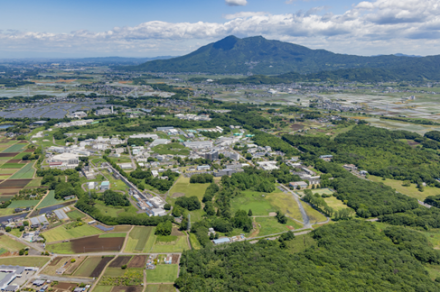
QUP is an international research center at the High Energy Accelerator Research Organization (KEK) that has been selected as a World Premier International Research Center Initiative (WPI), organized by the Ministry of Education, Culture, Sports, Science and Technology (MEXT). Our researcher is participating in this project as a principal investigator and is researching novel control theory for the force produced by quantum fields (Casimir force). We aim to apply this theory to particle measurement technologies and to industrial applications of quantum effects.
Power devices
Toyota Central R&D Labs GaN Power Device Industry–Academia Collaborative Chair
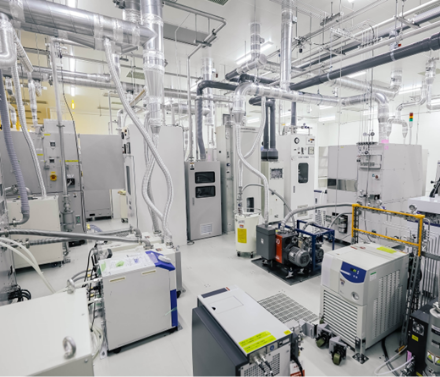
We established a joint industry–academia collaborative chair at Nagoya University, where our researchers serve as specially appointed professors and engage in research. We are accelerating the research and development of next-generation semiconductor devices such as GaN through collaboration between the Toyota Group and Nagoya University.
Enhancing Foundational Technologies
We leverage external research institutions’ advanced large-scale research facilities to enhance analysis technologies using quantum beams, understanding various atomic-scale phenomena, and other foundational technologies.
Quantum beam analysis
J-PARC (Japan Proton Accelerator Research Complex)
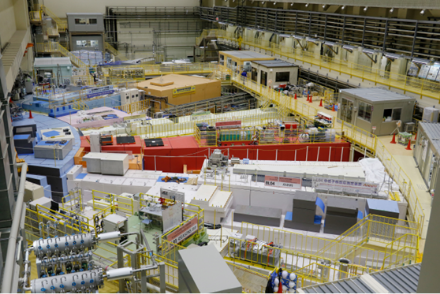
J-PARC comprises a group of proton accelerators and experimental facilities for conducting cutting-edge research in various research fields. In cooperation with the High Energy Accelerator Research Organization (KEK), the Japan Atomic Energy Agency (JAEA) and the Comprehensive Research Organization for Science and Society (CROSS), we are working to advance nondestructive analysis techniques using high-intensity neutron beams.
SPring-8 (Large Synchrotron Radiation Facility)
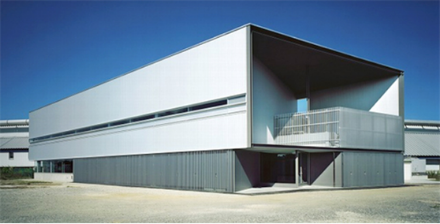
As a large synchrotron radiation facility capable of producing the world’s most powerful synchrotron radiation, SPring-8 built a beamline dedicated to our company in 2009. In cooperation with RIKEN and the Japan Synchrotron Radiation Research Institute (JASRI), we are working to develop original technologies to measure and visualize the internal state of materials.
Developing Researchers
We are working to build a world-class research network through exchanges with the world’s top researchers and research teams by sending researchers to universities and organizations worldwide.
Company Information







